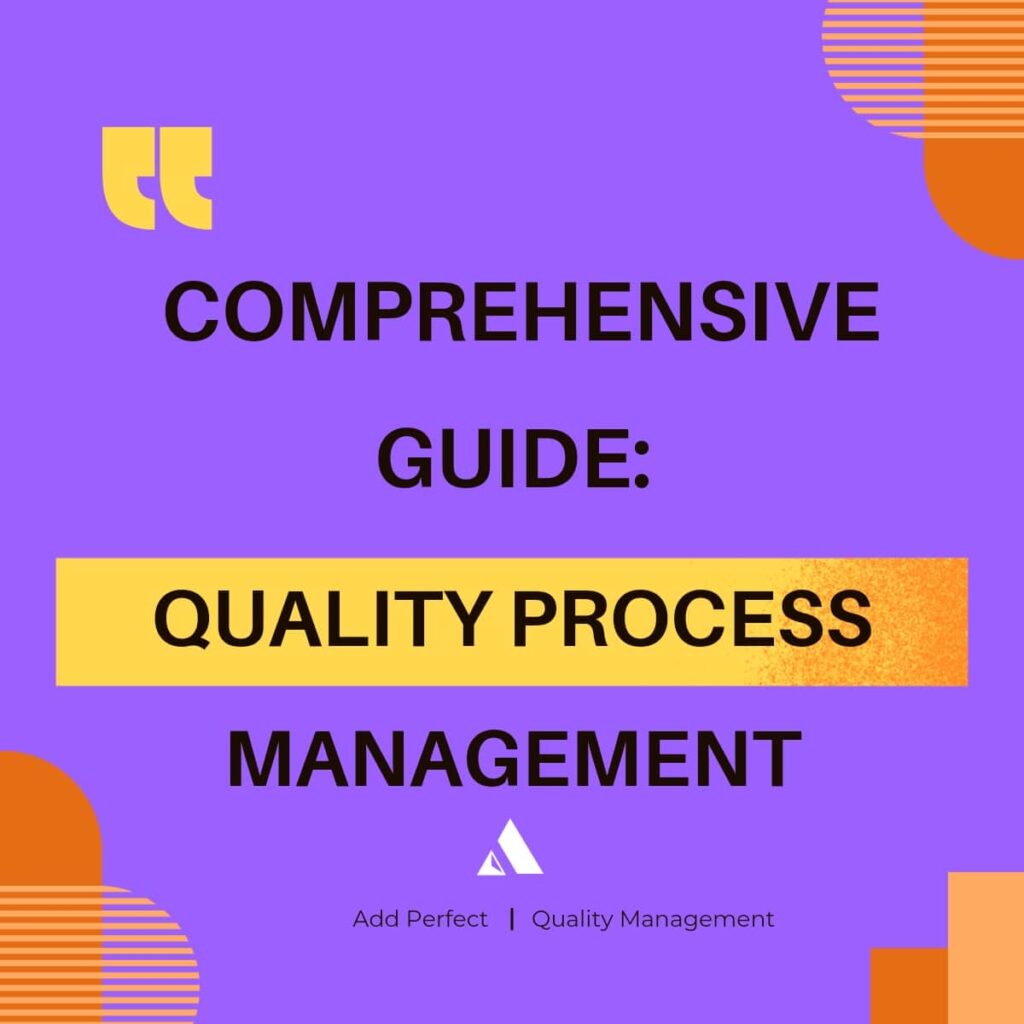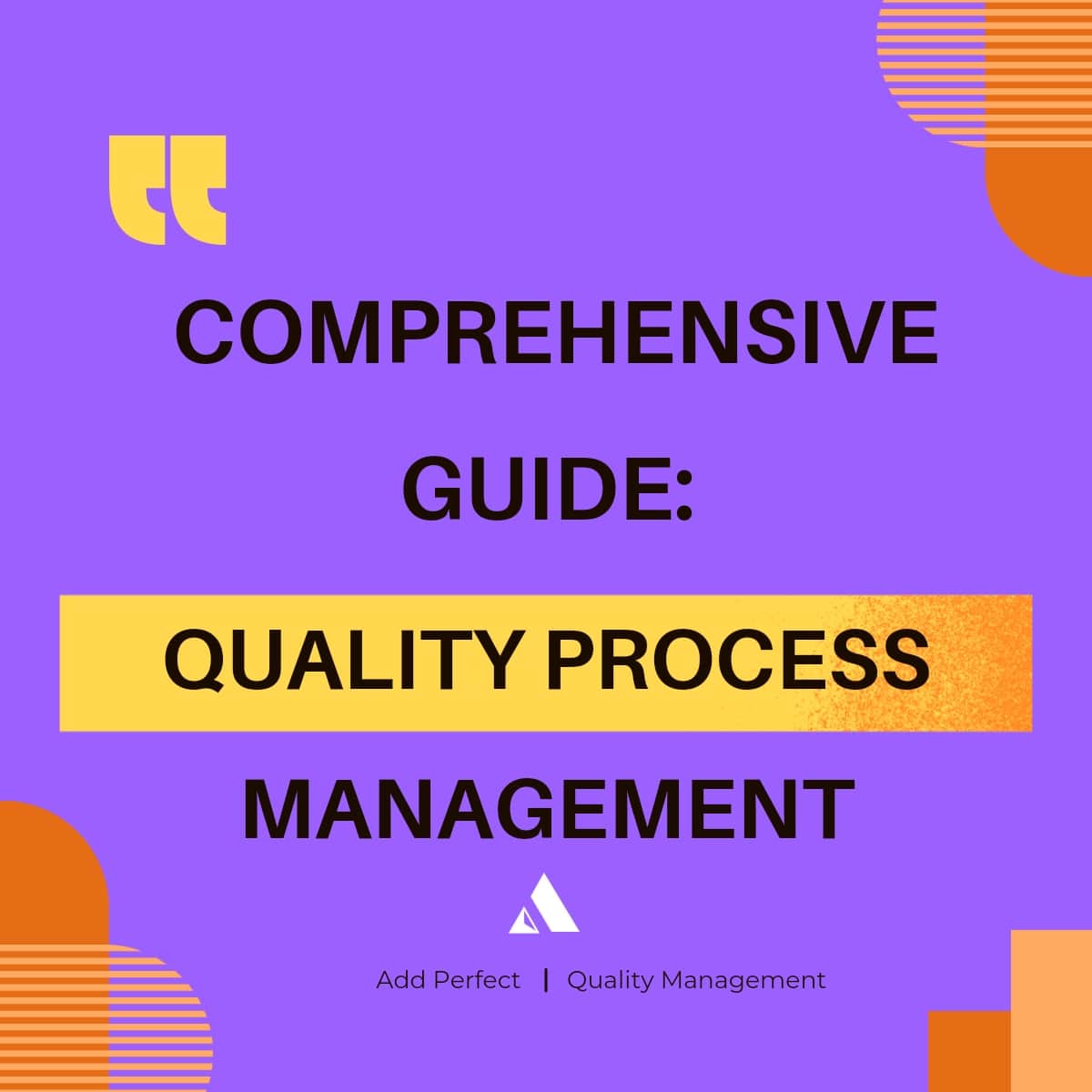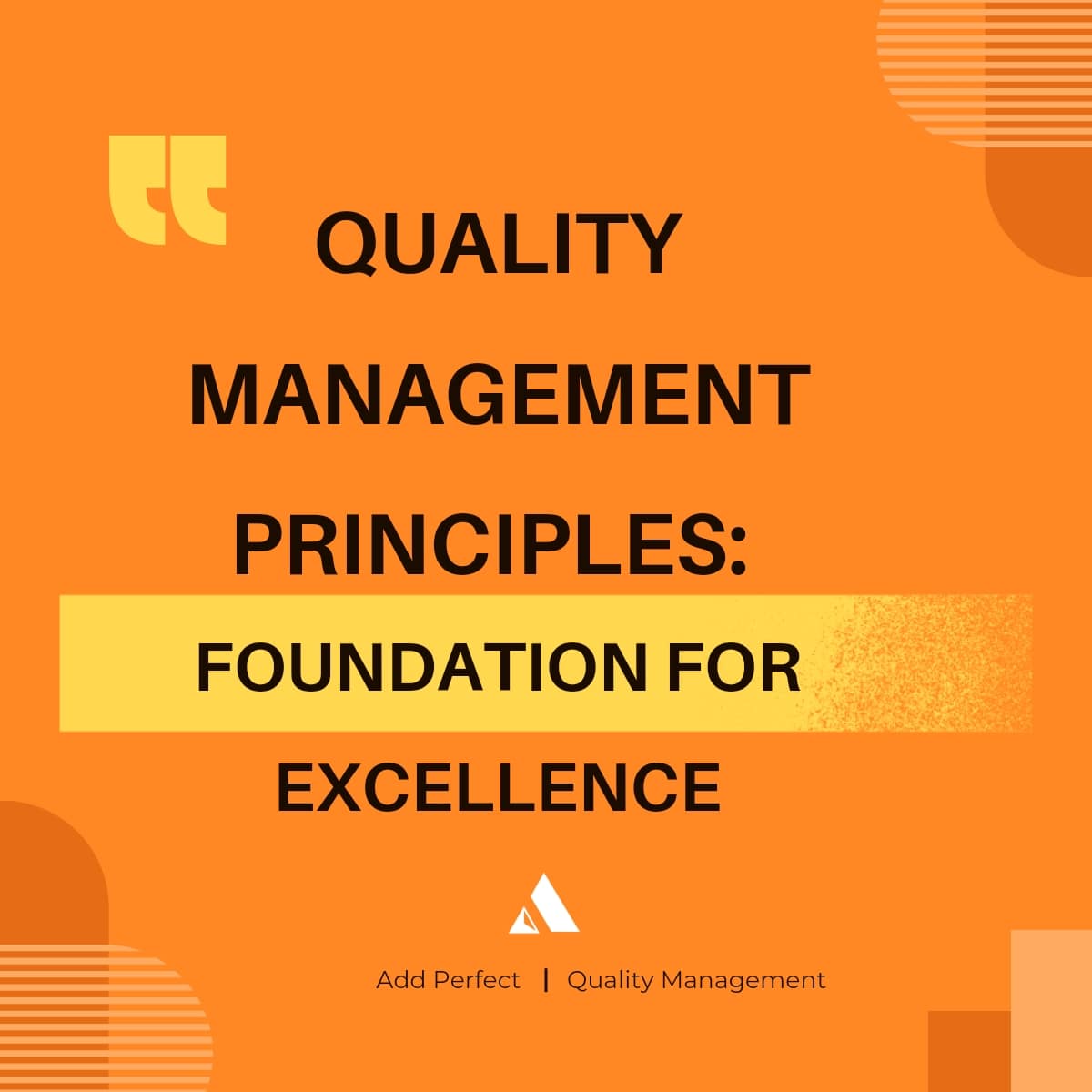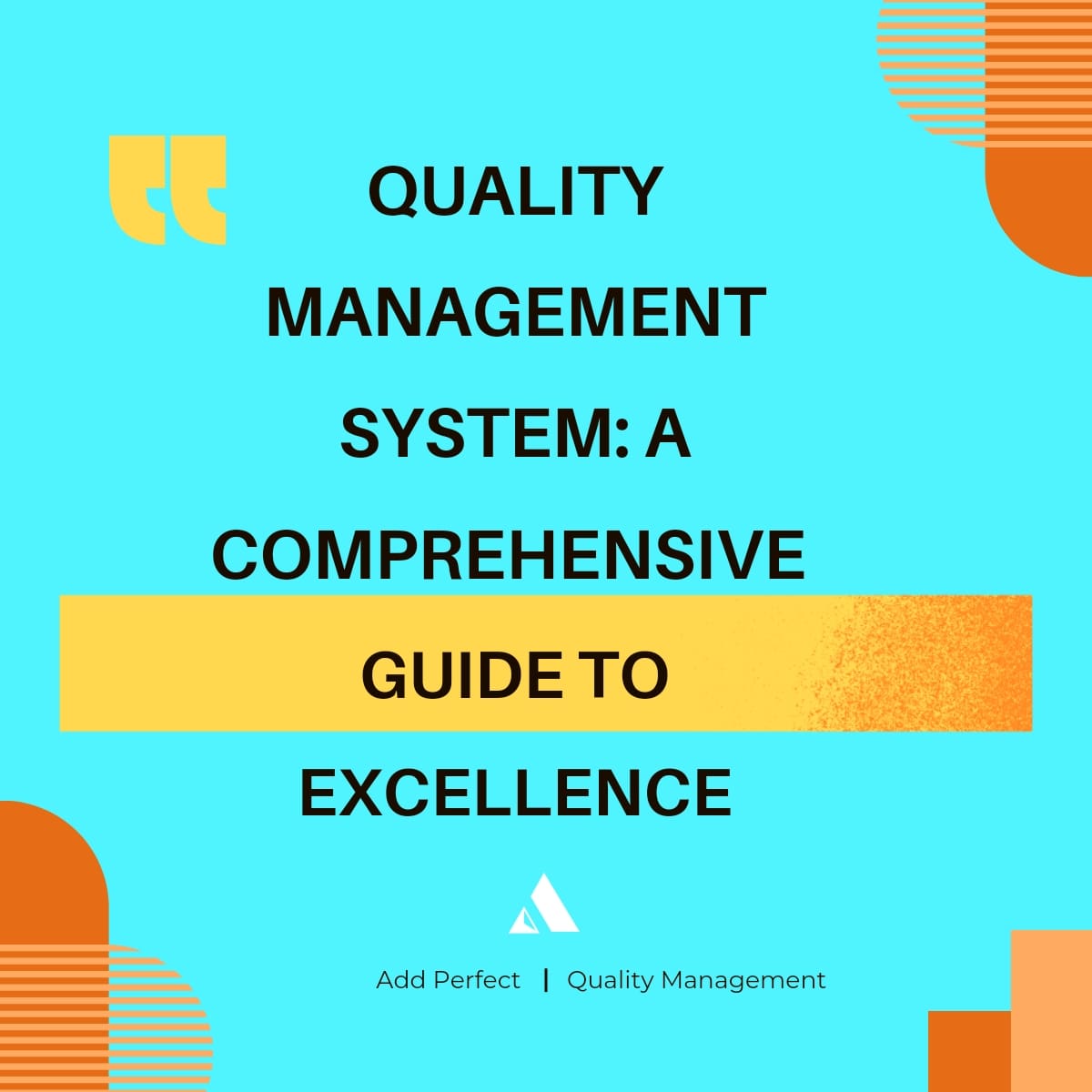Explore the intricacies of quality process management, including methodologies, tools, and best practices. Learn how effective quality management enhances organizational performance and customer satisfaction.

Introduction
Quality process management is essential for organizations aiming to deliver consistent, high-quality products and services. It involves systematic approaches to planning, controlling, and improving processes to meet quality standards and customer expectations. This guide explores various aspects of quality process management, from methodologies to implementation strategies.
Understanding Quality Process Management
Quality process management encompasses methodologies and practices aimed at ensuring products and services consistently meet or exceed customer requirements. It involves:
| Aspect | Description |
|---|---|
| Definition | Definition and scope of quality process management. |
| Importance | Importance of effective quality management for organizational success. |
| Objectives | Objectives of quality process management (e.g., consistency, compliance). |
Key Components of Quality Process Management
Successful quality process management integrates several key components:
| Component | Description |
|---|---|
| Quality Planning | Developing strategies and plans to achieve quality objectives. |
| Quality Control | Monitoring and verifying processes to ensure compliance with standards. |
| Quality Improvement | Continuously enhancing processes to optimize efficiency and effectiveness. |
Methodologies in Quality Process Management
Various methodologies are employed to manage quality processes effectively:
| Methodology | Description |
|---|---|
| Six Sigma | Methodology focused on improving process outputs by identifying and removing causes of defects. |
| Lean Manufacturing | Approach to minimize waste and maximize value in production processes. |
| Total Quality Management (TQM) | Holistic approach integrating all organizational functions toward continuous improvement. |
Implementing Quality Process Management
Implementing effective quality process management requires systematic approaches:
| Implementation Strategy | Description |
|---|---|
| Leadership Commitment | Top-down support and commitment to quality initiatives. |
| Employee Involvement | Engaging employees in quality improvement efforts. |
| Continuous Monitoring | Regular assessment and monitoring of process performance. |
Tools and Technologies
Utilize tools and technologies to streamline quality process management:
| Tool/Technology | Description |
|---|---|
| Quality Management Systems (QMS) | Software platforms for managing quality processes and documentation. |
| Statistical Process Control (SPC) | Techniques for monitoring and controlling processes. |
| Root Cause Analysis (RCA) | Methodology for identifying underlying causes of issues. |
Benefits of Effective Quality Process Management
Effective quality management contributes to various organizational benefits:
| Benefit | Description |
|---|---|
| Enhanced Customer Satisfaction | Meeting customer expectations consistently. |
| Operational Efficiency | Streamlined processes leading to cost savings. |
| Improved Decision Making | Data-driven insights for strategic decision-making. |
Challenges in Quality Process Management
Common challenges in quality process management include:
| Challenge | Description |
|---|---|
| Resistance to Change | Challenges in implementing new quality initiatives. |
| Complexity | Managing diverse processes and standards. |
| Measuring Effectiveness | Evaluating the impact of quality improvements. |
Case Studies: Successful Quality Process Management
Explore real-world examples of effective quality process management:
Case Study A: Manufacturing Firm
Challenge: Inconsistent product quality.
Strategy: Implemented Six Sigma methodology.
Outcome: Improved defect rate by 30% within six months.
Case Study B: Service Industry
Challenge: Customer complaints and service delays.
Strategy: Adopted TQM principles and SPC tools.
Outcome: Reduced service turnaround time by 20%.
Conclusion
Quality process management is integral to organizational success, ensuring products and services meet or exceed customer expectations. By implementing structured methodologies, leveraging tools, and fostering a culture of continuous improvement, organizations can achieve sustainable growth and competitive advantage in their industries.



